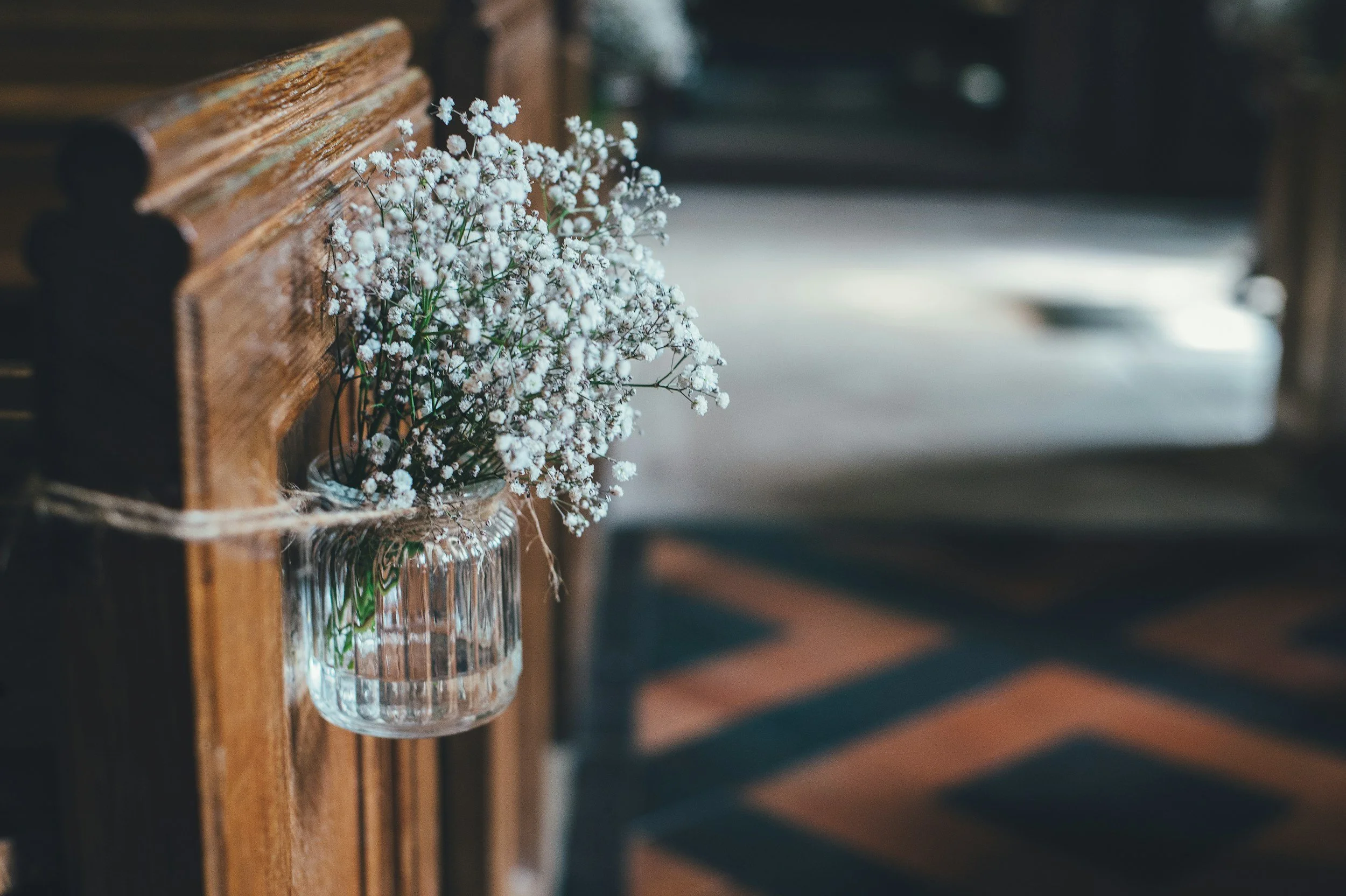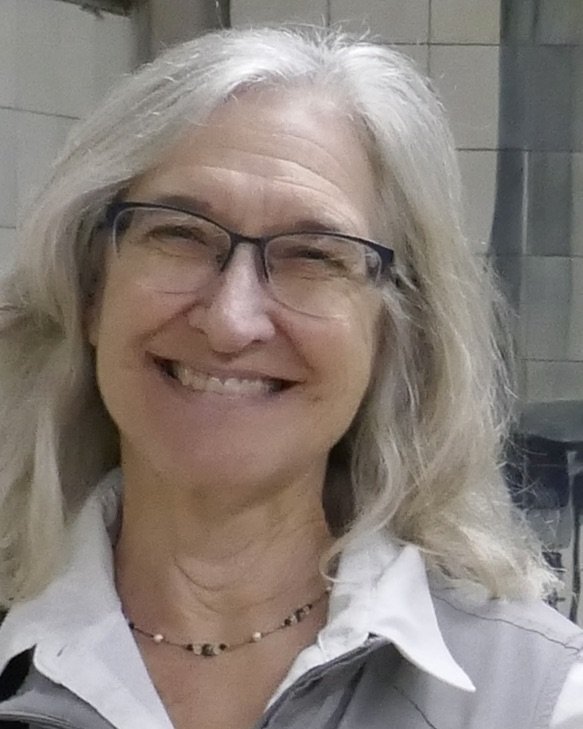What's Memorable
My mother’s eyes registered my arrival, but without her dependable smile. The bones of her face were sharp and craggy, her nose slightly humped from a childhood fall, her eyes blue and deeply set. Tita, who cared for her, had dressed her in her brightest blouse and hung a necklace round her neck. Mom was crooked in her chair and not pretending, while a cheerful string of rainbow-colored letters on the mantle shouted happy birthday for her eighty-ninth and last.
I kissed her, gave her the card I carried, and went to get her glasses. When I returned, she’d read the card, and her face was softened with the shadow of a smile. Her eyes brimmed with tears. I wondered how she could read, when so much gone, and without her glasses.
I took her hand. We sat wordlessly. I, because I couldn’t think of what to say, and she, because her words had gone away. We gazed at flowers blooming pink outside the window. I named them for her, who had always known their names.
“Rhododendrons.”
She said something like, “I never heard of rhododendrons…,” and then her thought was lost in the dollar-sized chunk of brain vanquished by the stroke last May that stole her words.
I filled in, “…until you came to Seattle? You and Dad, my dad.”
My dad, I said, because she spent her days watching for her dad to come for her.
She looked puzzled. I moved back in time.
“Remember? He didn’t want to move here. But when you visited us that summer, you could see we needed help with the kids.” I added their names as landmarks. She nodded, her eyes on me.
“You moved from Chicago with a huge truck, cause Dad, my dad, couldn’t leave anything behind.” Her eyes flickered at Chicago. I searched further back to give her footing.
“You lived in Chicago because that’s where Dad, my dad, came from. Before that, you were in Colorado with your mom and dad. That’s where you met my dad, in Colorado. You married there, in Colorado Springs.” I stopped. Mom’s eyes had shifted away to search the air behind me.
“No,” I said. “You were married in Glenwood Springs.” Her eyes met mine as her lips formed, “Glenwood Springs” with me.
“You went to San Francisco for your honeymoon.”
Her eyes sparkled, and her face relaxed as she recognized the next turn in her story.
“But you were carded at the Top of the Mark. You, a married woman!” She was nodding, almost laughing now.
“And you were how old? twenty-four?”
I continued the stories she’d told me over the past few years. It was the first time I had to lead the way. We told her life together, leaving out the deaths of both dads.
Then, in her way with only the first few words of a thought, she said, “That’s why people…”
“…should write it down?” She nodded.
I could mention that the family assembled later that day, bringing mu shu pork and tender beef and stir-fried peas from Louie’s Chinese, where she and Dad hosted Sunday dinners when the kids were young. How there were gifts and cards and a birthday cake to accompany our pretense of a happy day.
But it’s more memorable that, after she and I unfolded her story together, I pushed her wheelchair to the rhododendron park across the street, gently lifting the front wheels and then the back, to lower her over the curb and wind around the bumps and holes from construction in the road, and then I tilted her back to climb the far-side curb and maneuver her down a gravel path into the smell of dew on grass to admire blossoms—no matter their name—in shades of red, pale pink, and a lavender blue that matched her eyes.
-Meg Mahoney
Meg Robson Mahoney’s work has been published in The Baltimore Review, Tiny Molecules, and teaching artist journal. She retired from the great fortune of teaching dance in a public school and now explores Puget Sound and the Salish Seas by boat with her seafaring husband. Website: megrobsonmahoney.com, Substack: megrmahoney.substack.com





















